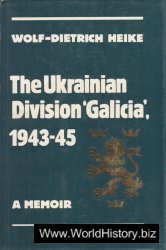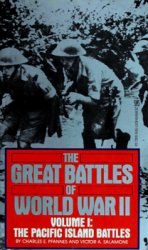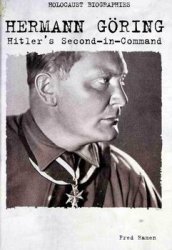All of the aspects of identity examined archaeologically involve potential exercises of differential power in the societies under examination. Class, gender, race, ethnicity, and status are all implicated in social ranking and stratification, in the relative placement or groups and individuals with differential access to wealth, authority, prestige, and agency. Writing about identity in the past also always involves archaeologists in issues of power in the present. There are at least two main reasons for this.
First, relations of identity and power in the past can serve as a precedent for relations of power between groups in the present. These differential positions of power may be explicitly grounded in history, as in the use of archaeology by Nazi Germany to demonstrate the superiority of a mythical ‘Aryan race’ whose legacy was claimed by the Nazi state. Or they may be analogical bases for claims to naturalize contemporary power relations, as when arguments are made for the ‘natural’ inferiority of women based in speculative claims that in early human history, men undertook complex tasks that privileged their intellectual development. Archaeologists investigating identity in the past have a responsibility to be exceptionally careful in outlining the logical assumptions they make to avoid contributing to such abuses.
Even with such care, archaeologies of identity will still engage with contemporary politics because in the modern world, identity matters deeply as a basis for political action. The passage of the Native American Graves Protection and Repatriation Act in the United States caused archaeologists in that country to engage with contemporary Native Americans who were concerned with the ways archaeological claims about identity affected their present-day political viability. By employing a simple model of identity between static distributions of things taken as reflections of essential folk identities, archaeologists created a framework in which historical change was the loss of identity, or the invention of false new identities. Even when archaeologists themselves moved on to use more sophisticated models of the relationships between identity and material culture, these nineteenth-century ideas about the integrity of identity and the closed bounded nature of groups remained in circulation and could be used to deny contemporary descendant communities legal standing. In Guatemala, contemporary Maya scholars and public intellectuals have pointed out that archaeological investigations have provided material for arguments of discontinuity from the Classic Maya past that contributed to characterization of the contemporary Maya as backward during the genocidal civil war in that country. These same intellectuals have contested the dominance of archaeological attention to ancient Maya warfare as a continued misrepresentation of ancestral Maya that colors contemporary understanding of the living Maya.
The mobilization of the African-American community in New York City to call for a new research approach to the African Burying Ground represents a second kind of relation of archaeological identities to modern politics. The people involved were not claiming direct descent, and were not subject to losing material benefits due to archaeological use of outdated models of identity. Instead, their appeal for a voice was related to the potential archaeology offered to document otherwise lost histories. In some cases, archaeologists have found themselves uncomfortably placed in the middle of movements to claim connections with the past by nations, such as French celebration of Celtic heritage or the arguments that took place between national governments about custody of the remains of the European Iceman.
Archaeologists are in a unique position to analyze the ways that remains of past societies become part of nationalist or factional discourses through which modern state governments or ethnic groups attempt to create solidarity by claiming deep roots. In their work on this modern process of identity formation through engagement with material culture, archaeologists have begun to identify problems with the modernist idea of ‘cultural heritage’, particularly the ways it elevates the materials of certain classes or groups as exemplary while quietly ignoring the material evidence of the experiences of others. Archaeologists have even been able to define concepts such as ‘negative heritage’, remains of the past that modern nations or factions deliberately eradicate because of the challenges they present to contemporary social values. Whether through their presence and celebration, or their excision from historical consciousness, the materials that archaeologists use to identify past identity formation remain politically potent in the present.
See also: Cities, Ancient, and Daily Life; Civilization and Urbanism, Rise of; Economic Archaeology; Engendered Archaeology; Ethnicity; Household Archaeology; Hunter-Gatherers, Ancient; Individual, Archaeology of in Prehistory; Political Complexity,
Rise of; Postprocessual Archaeology; Processual Archaeology; Social Inequality, Development of; Urban Archaeology.




 World History
World History









